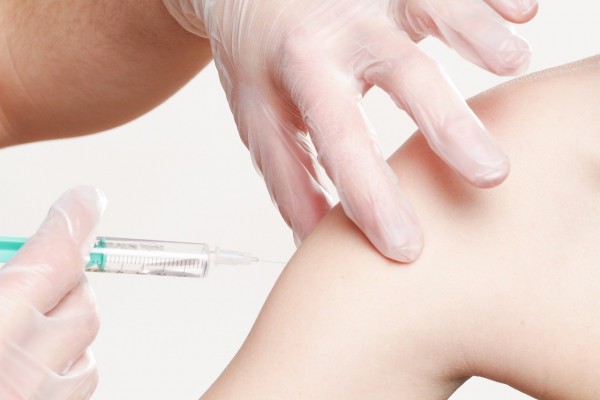HPV Vaccinations in 15-Year-Olds Continue to Increase
According to a study published online in Pediatrics last September 14, there has been an increase in the number of U.S. 15-year-olds who had at least one-dose or two-dose human papillomavirus (HPV) vaccination from 2011 to 2017.
Data from 7,837,480 children and 19.8 million person-years were gathered to study the trends in HPV vaccination among children. Szu-Ta Chen, M.D., Ph.D., from Harvard T.H. Chan School of Public Health in Boston, and her team used nationwide population-based data. They examined HPV vaccination initiation and completion based on age, sex, and geographic location to get the trends from children who turned nine and estimated the cumulative number of those with at least one- and two-dose HPV vaccination.
MORE INFO: Your Depression Risk Can Be Measured by the Changes in Your Heart Rate, Doctors Say
The legislation for education on the HPV vaccine and the availability of pediatricians contributed to the positive association for two-dose HPV vaccination coverage. From 2011 to 2017, the researchers noticed an increase from 38 and 5 percent to 57 and 51 percent among 15-year-old girls and boys who have had at least a one-dose HPV vaccination.
Those who had at least a two-dose vaccination increased from 30 and 2 percent to 46 and 39 percent. In 2017, there was a change in two-dose HPV vaccination, ranging from 80 percent in girls in Washington, D.C., to 15 percent in boys in Mississippi.
What is Human Papillomavirus (HPV)?
According to the Centers for Disease Control and Prevention (CDC), HPV is the most common sexually transmitted infection (STI). Around 79 million Americans, mostly those who are in their late teens and early 20s, are infected with HPV. However, some health effects caused by HPV can be prevented through the administration of the HPV vaccine.
A person can get HPV by having vaginal, anal, or oral sex with someone who has been infected. HPV can be transmitted even when the infected person is not showing any signs or symptoms.
As long as you are sexually active, you can get HPV. The symptoms of this disease may develop years after you have had sex with someone who is infected. This is the reason why it is difficult to trace when you first became infected.
Health Problems Associated With HPV
In most cases, HPV does not cause any health problems and goes away on its own. But in some cases of genital HPV infection, it can cause health problems like the development of genital warts and cancers affecting the cervix, anus, and throat.
Genital warts appear as small bumps around the genital area, which can be diagnosed by a health care provider by looking at these bumps.
Vaccine Recommendation
The HPV vaccine is recommended as a routine vaccination for those ages 11 or 12 years, but it can be started as early as nine years old.
This vaccine is given in either two or three doses, depending on when the initial vaccine was started.
Vaccination is usually not recommended for those older than 26 years of age as most people n this age range have already been exposed to HPV.
Although HPV vaccination prevents new HPV infections, keep in mind that it does not treat existing HPV infections or diseases. The HPV vaccine works best when administered before any exposure to HPV.
FURTHER READING: All The Benefits of Manuka Honey, The Ultimate Superfood
Check out more news and information on Vaccination on MD News Daily.
Sep 14, 2020 09:33 PM EDT






